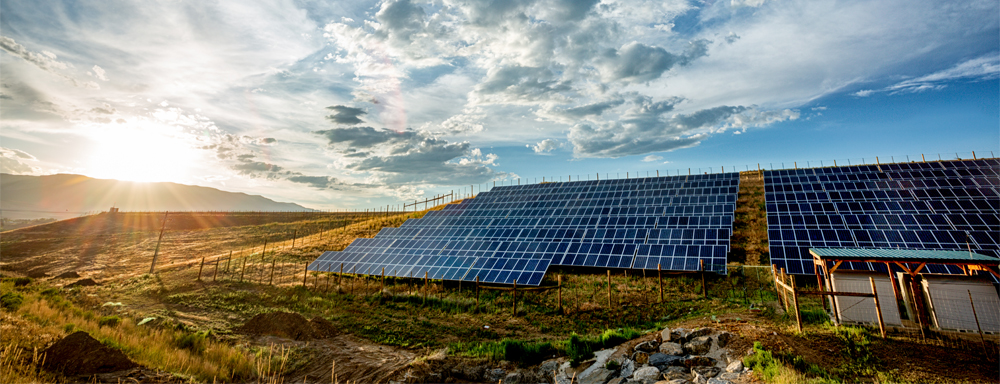Blue Planet UK
Blue Plant UK, a daytime spin-off of David Attenborough’s incredible Blue Planet II, aired last month in an epic, week-long series filled with remarkable, brand new footage and thrilling stories about the trials and tribulations Britain’s marine wildlife are facing. Springwatch presenter Gillian Burke and Countryfile’s Steve Brown hosted the series along with Chris Packham.

Offering a “health check of our seas”, conservation messages that were originally explored in Blue Planet II, are addressed once again. The show also aims to make the general public more aware of the disastrous implications plastic waste has on, not only our oceans, but the world as a whole.
Blue Planet UK offers practical advice and solutions to help you cut down on your plastic waste, helping to save more of our marine life and preserve what we have left.
Did you know?
Below are some sobering facts that demonstrate the severity of ocean pollution and the impact it’s currently having on the world. Simple, everyday changes and actions that you make can help reduce the impact pollution has on the world:
- No one in the UK is more than 70 miles from the coast
- Fishing boats in the UK catch up to 150 different species, but the average Briton will only eat 5
- More than 1 million species around the world face extinction
- Plastic is the most common element found in the ocean today
- According to a study done by the University of Georgia, 18 billion pounds of plastic waste ends up in our oceans every single year
- The most common items found in coastal cleanups are single-use plastics
- As it stands, 25 trillion pieces of plastic debris currently float in the ocean
- More than one million seabirds die each year as a result of ocean pollution
- Ocean pollution has created ‘dead zones’, where it’s impossible for marine creatures and plants to create or sustain life
- Over 100,000 marine animals die every year from plastic ingestion or entanglement
- If a change isn’t made soon, the ocean water could be 150% more acidic than it is today
- By 2050, there will be more plastic in the ocean than fish (by weight)
- Ocean waste takes a long time to decompose. Styrofoam will take 80 years, aluminium takes 200 years and plastic takes 400 years
- There’s enough plastic in the ocean to circle the Earth 400 times
What can you do to help?
British historian, explorer and activist Robert Swan (who was also the first person to walk to both Poles) once said: “the greatest threat to our planet is the belief that someone else will save it”. If everyone did something small every day to help reduce their carbon footprint, gradually, we could start to reverse the impact plastic pollution has had on our oceans. Here are just a few things you can do to help look after the planet:
- Bring all rubbish home with you and dispose of it responsibly.
- Only utilise reusable plastic and avoid wrapping things in cling film or other disposable packaging solutions.
- Don’t disturb, feed or distress the wildlife you might see when out and about. Instead, watch from a distance and be respectful.
- Don’t waste water. When you’re not using the tap, turn it off. This one can also help you to save money.
- Only flush toilet paper down the loo. Anything else could clog up pipes, or end up in our sewers, causing an even bigger blockage.
- Travel responsibly. Wherever you can, choose a more sustainable way to get from A to B – try walking or cycling as much as possible.
- Eat sustainably. Only buy what you know you will eat. Moving away from a meat-dominated diet to a more plant-based one can also help to save the planet.
Watch what you buy and support eco-friendly products. Buying less will save you money, reduce waste and improve your environmental footprint.
Look after the area. Just like charity, saving the planet starts at home. Recycle as much as possible, encourage the local wildlife to your garden (here are a few tips on how to do that responsibly), you could even join a local environmentalist group. The possibilities are endless, so you have no excuse.
Blue Planet UK aims to highlight the issues of ocean pollution and how detrimental it can be to marine life, as well as offering magnificent insight into the lives of the creatures they followed. The five-part daytime series was aired, together with a whole new collection of BBC daytime programming, on BBC One last month, but you can still watch the absolutely unmissable Blue Planet UK on BBC iPlayer.
CSH Environmental is dedicated to providing responsible waste disposal services in Colchester, Felixstowe, Bishop’s Stortford and the surrounding areas. We’re dedicated to meeting our ‘zero to landfill’ target, as well as being fully committed to doing our bit for a greener South East England. This includes our work with local businesses, the council and the education of the public in all things waste and recycling. Contact us today for more information: 01206 242345
back to latest news